Nylon is a plastic that is molded into amenities. It is a useful synthetic material in many industries. Nylon ropes are made of nylon drawn in to fibers.Read More…
Since our beginning in 1967, we have had experience designing, manufacturing and distributing the highest quality braided ropes and cords. Braided ropes and cordage are produced in all common fibers.

At Yale Cordage, we take pride in engineering and manufacturing advanced rope solutions that push the limits of performance, safety, and innovation. Our focus has always been on creating synthetic ropes that outperform traditional fiber and wire rope, offering exceptional strength, flexibility, and longevity across a wide range of demanding applications.
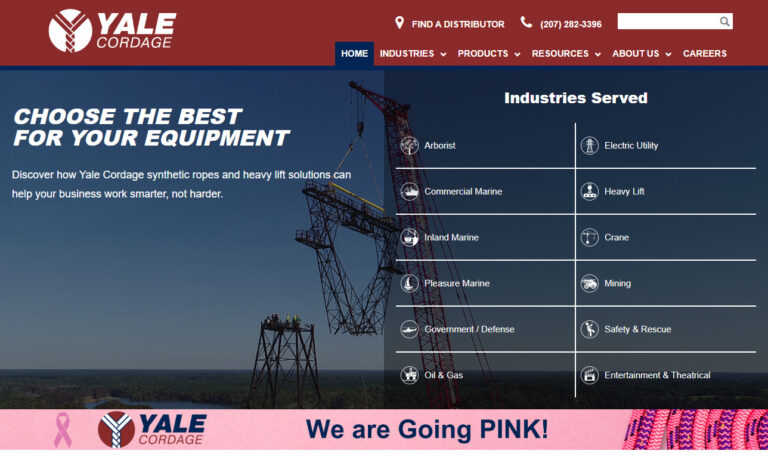
Samson Rope Technologies can supply you with braided rope, nylon rope, sash cord, and rope & cordage for general use. Not only do we provide specific solutions to our customers, but we also follow up with instructions for the use and care of our products.

At Erin Rope Corporation, we take pride in our long-standing expertise in designing and manufacturing high-performance rope solutions that meet the demands of industries across the globe. We specialize in the engineering and production of ropes built to perform under pressure, offering durable, reliable, and precise products that serve a wide range of applications from construction and marine to...

At Cancord Ropes, we take pride in designing and manufacturing high-performance ropes that meet the demanding requirements of modern industries. Our expertise lies in crafting synthetic and blended fiber ropes that deliver exceptional strength, durability, and flexibility for a wide range of applications.
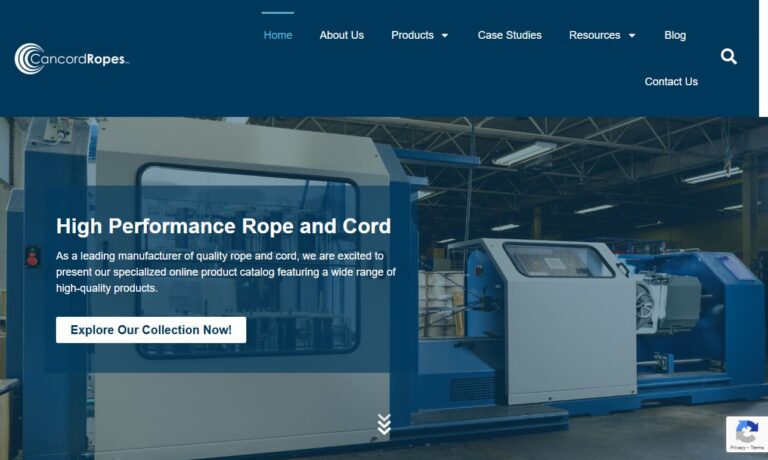
More Nylon Rope Suppliers
Nylon Making Process
Nylon creates the strongest synthetic rope, resistant to stretching and stress. Nylon ropes are resistant to water, shock absorption, and abrasion. Nylon ropes will stay strong through rot, mold, mildew, oil, gasoline, chemicals, UV rays, and wind.
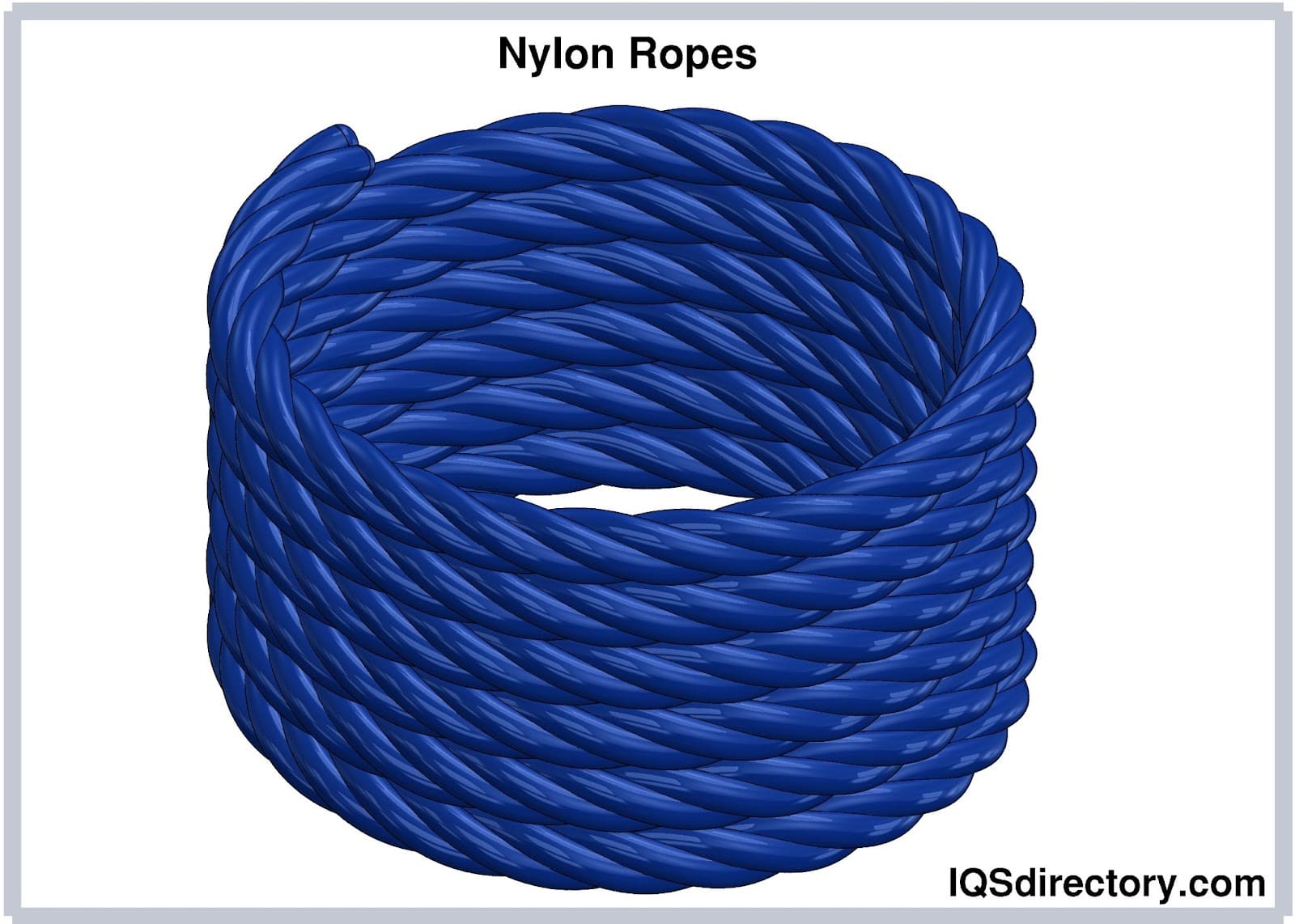
“Nylon” refers to polymers that are linear polyamides. There are two ways to make Nylon used in fiber applications. In the first method, molecules with amino (NH2) groups interact with those with acidic (COOH) groups. The result is ‘Nylon 66’. The number 66 means that there is 6 carbon on each monomer.

The salt known as nylon, created when two chemicals are combined, has a precise acid-to-base ratio of 1:1. To eliminate the water and create the polymer, the salt is heated after being dried.
The alternative method involves polymerizing a chemical with an amine at one end and an acid at the other to create a chain with repeating units of (-NH-[CH2] n-CO-) x. If n = 5, another frequent version of this polymer, nylon, is referred to as nylon 6. Caprolactam, which uses an open-ring polymerization, is the first step in manufacturing nylon 6 for commercial use.
Both methods include melting polyamide, drawing it after cooling and obtaining the desired characteristics for each intended usage.
Properties of Nylon
- Lustrous
- Elastic
- Damage resistant to several chemicals and oil
- Resilient
- Does not absorb water
- Dries quickly
Advantages of Using Nylon Ropes

Disadvantages of Nylon Ropes
Nylon rope absorbs water and weakens when wet or submerged in water is one of its few disadvantages. Although operationally insignificant, nylon rope is frequently used for mooring and anchor lines. Here is a list of a few drawbacks of nylon ropes:
- In water, nylon ropes become dissociated.
- Polyamides, which make up nylon rope, fall short of the substance's requirements for aquatic environmental stability.
- In both freshwater and saltwater, nylon ropes deteriorate. The former affects Nylon material to wear down more quickly than the latter.
Conclusion
It is obvious that using nylon rope has many benefits, and as a result, it can be utilized for various applications.
Choosing the Proper Nylon Rope Manufacturer
To make sure you have the most productive outcome when purchasing nylon rope from a nylon rope manufacturer, it is important to compare at least 5 manufacturers using our nylon rope directory. Each nylon rope manufacturer has a business profile page that highlights their areas of experience and capabilities and a contact form to directly communicate with the manufacturer for more information or request a quote. Review each nylon rope business website using our patented website previewer to get an idea of what each company specializes in, and then use our simple RFQ form to contact multiple nylon rope businesses with the same quote.





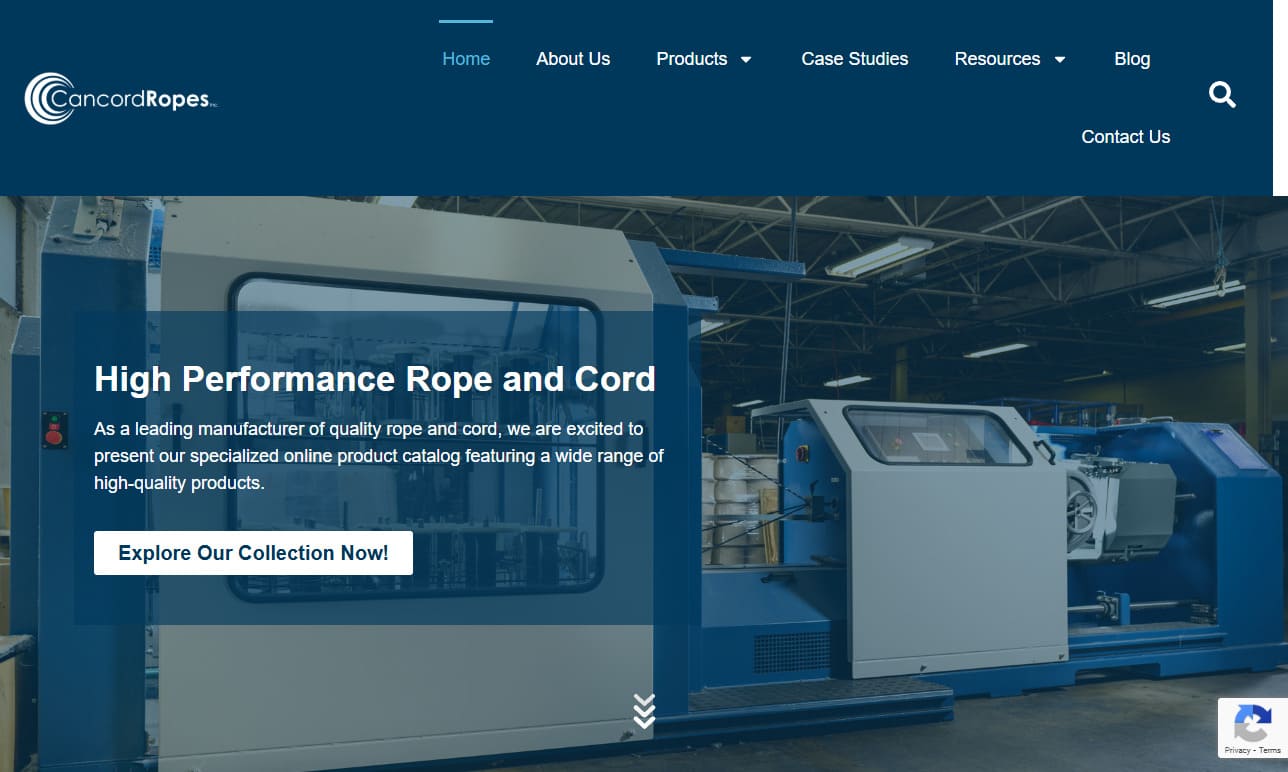
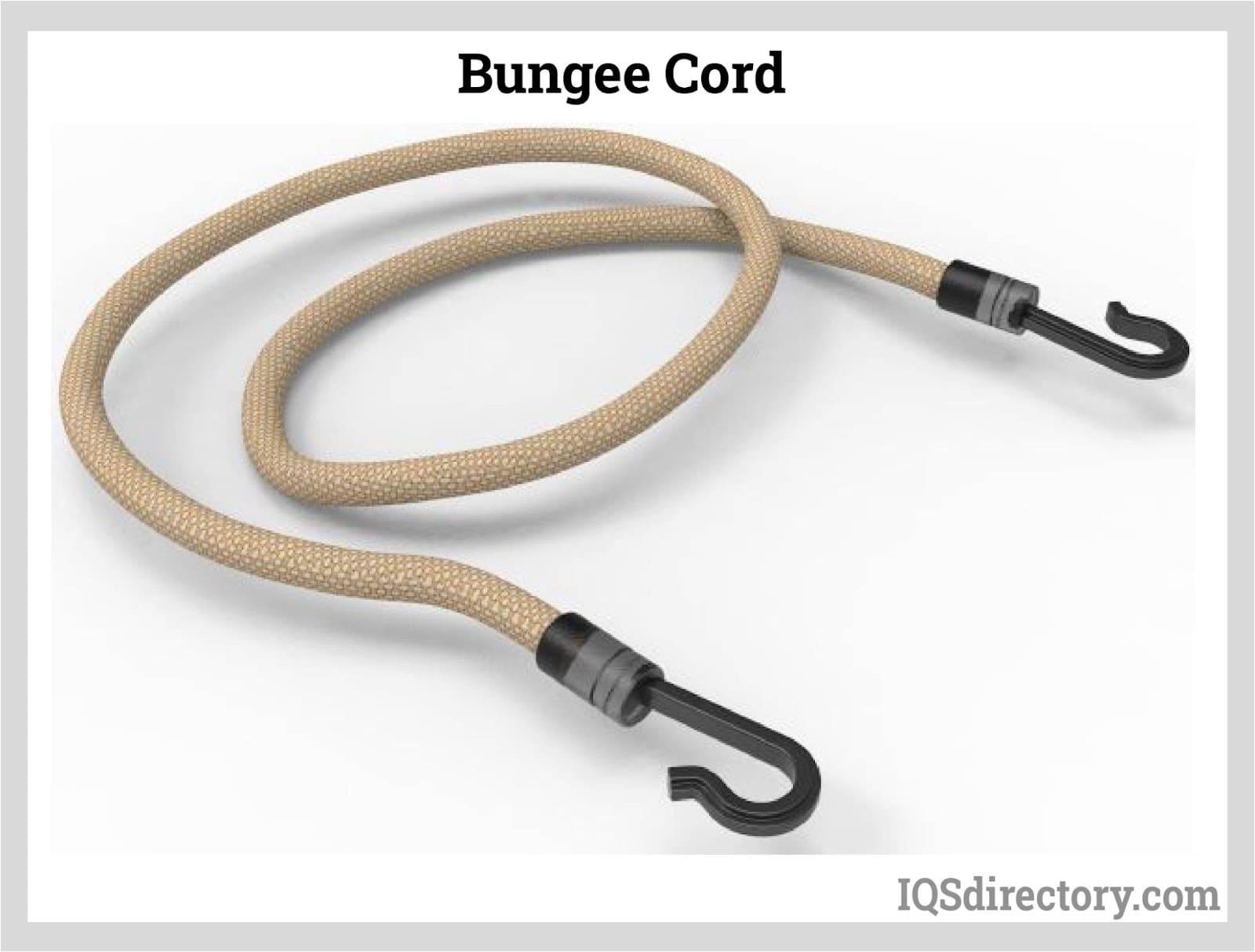
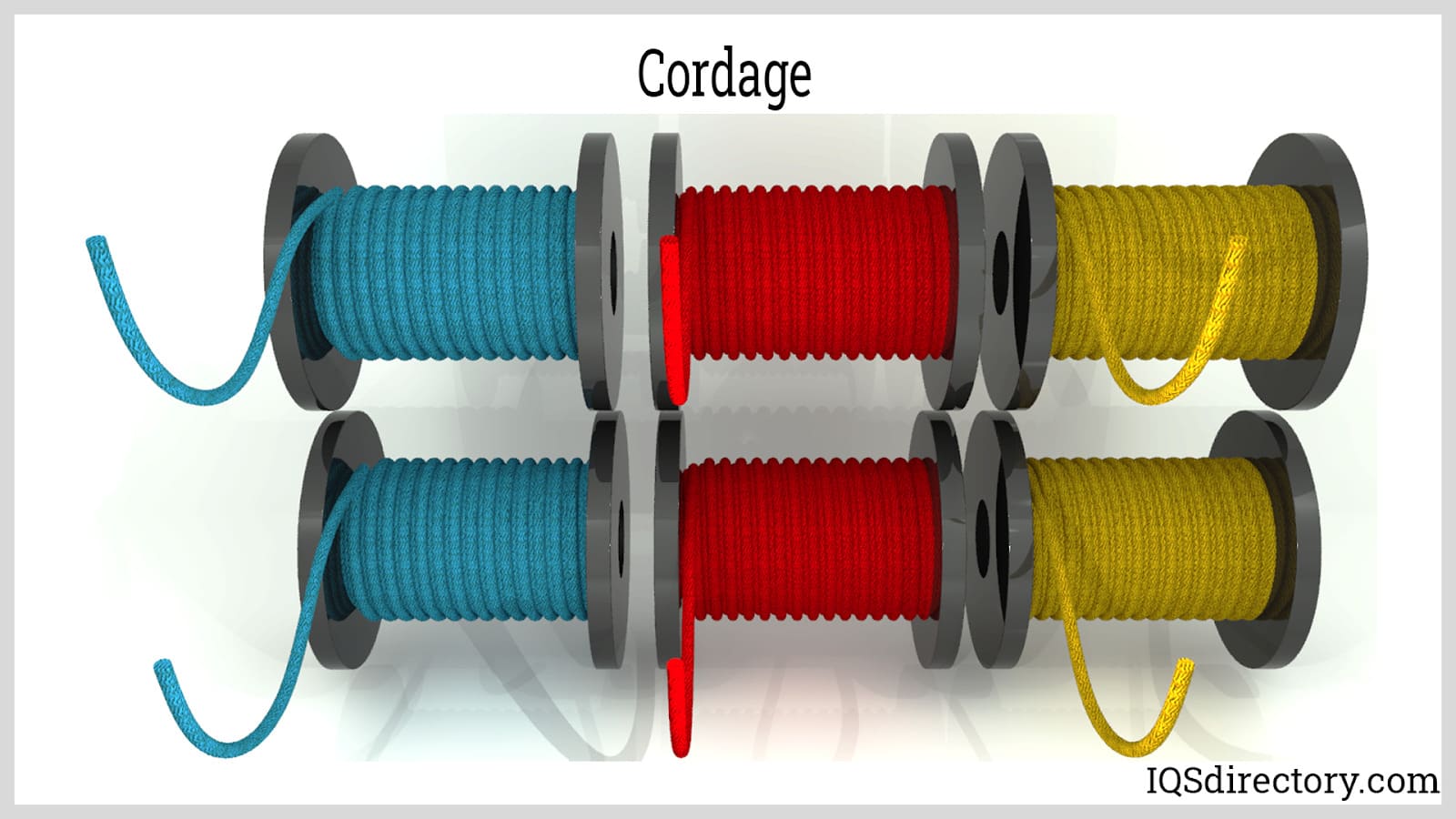
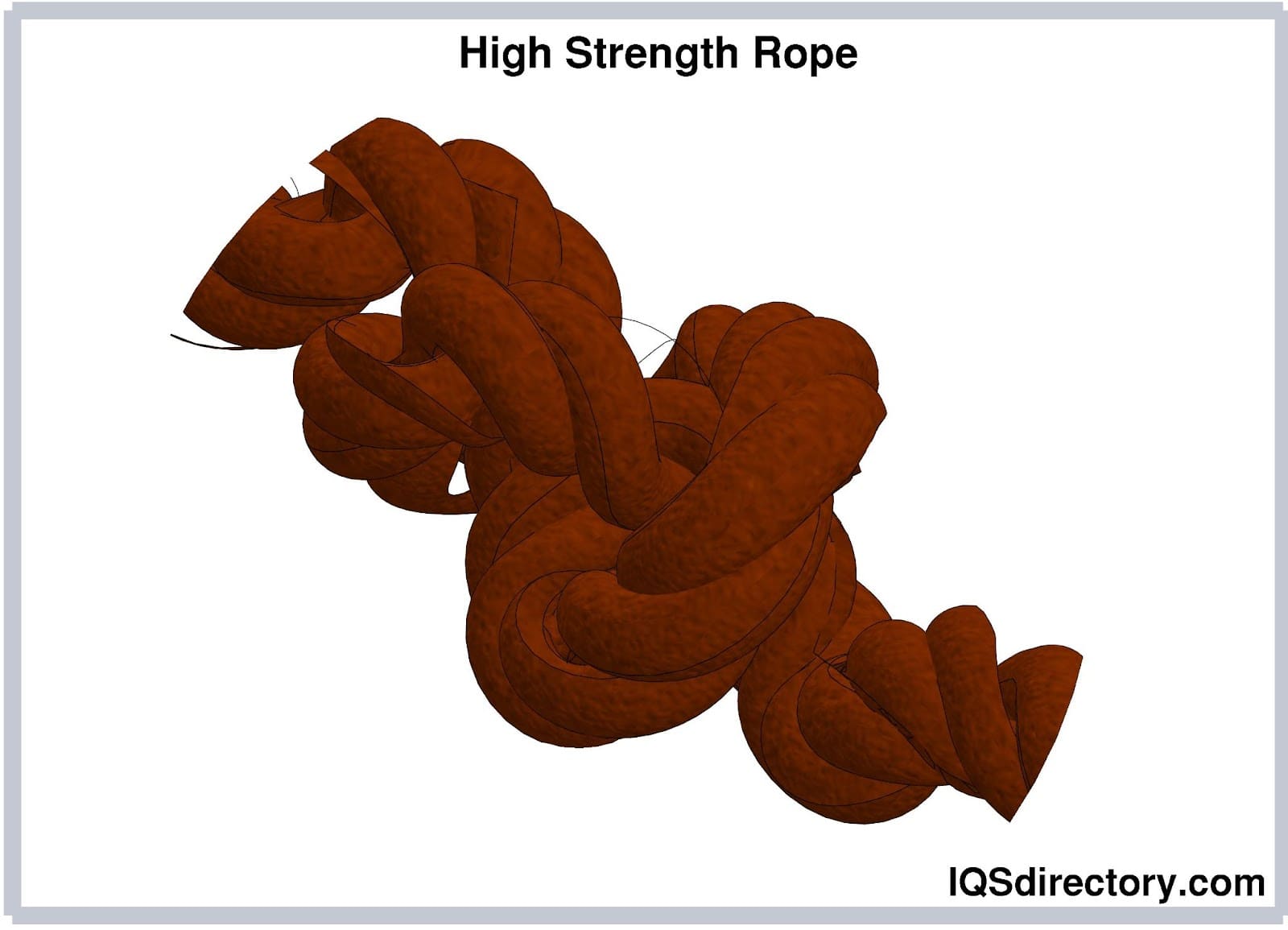
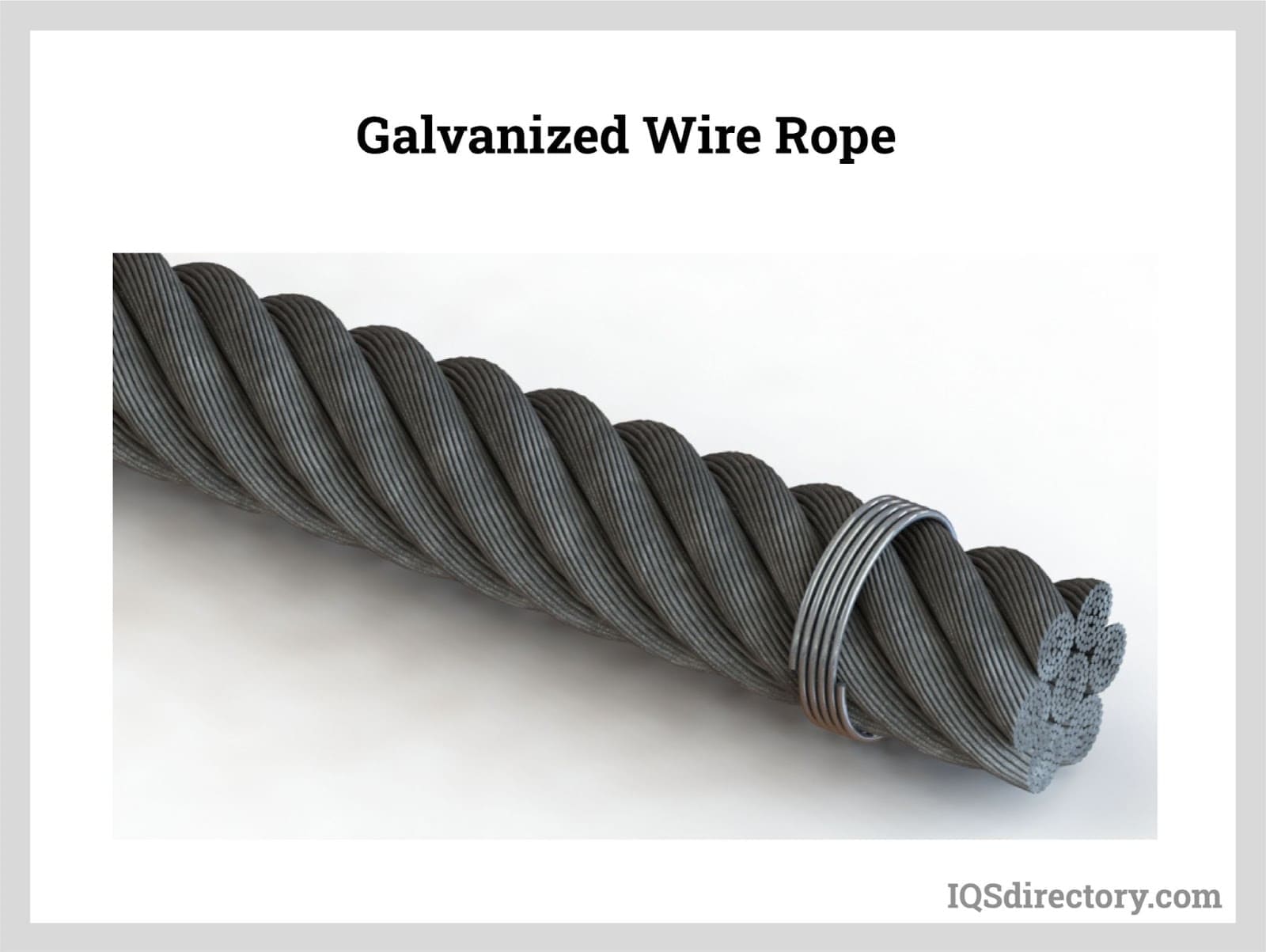

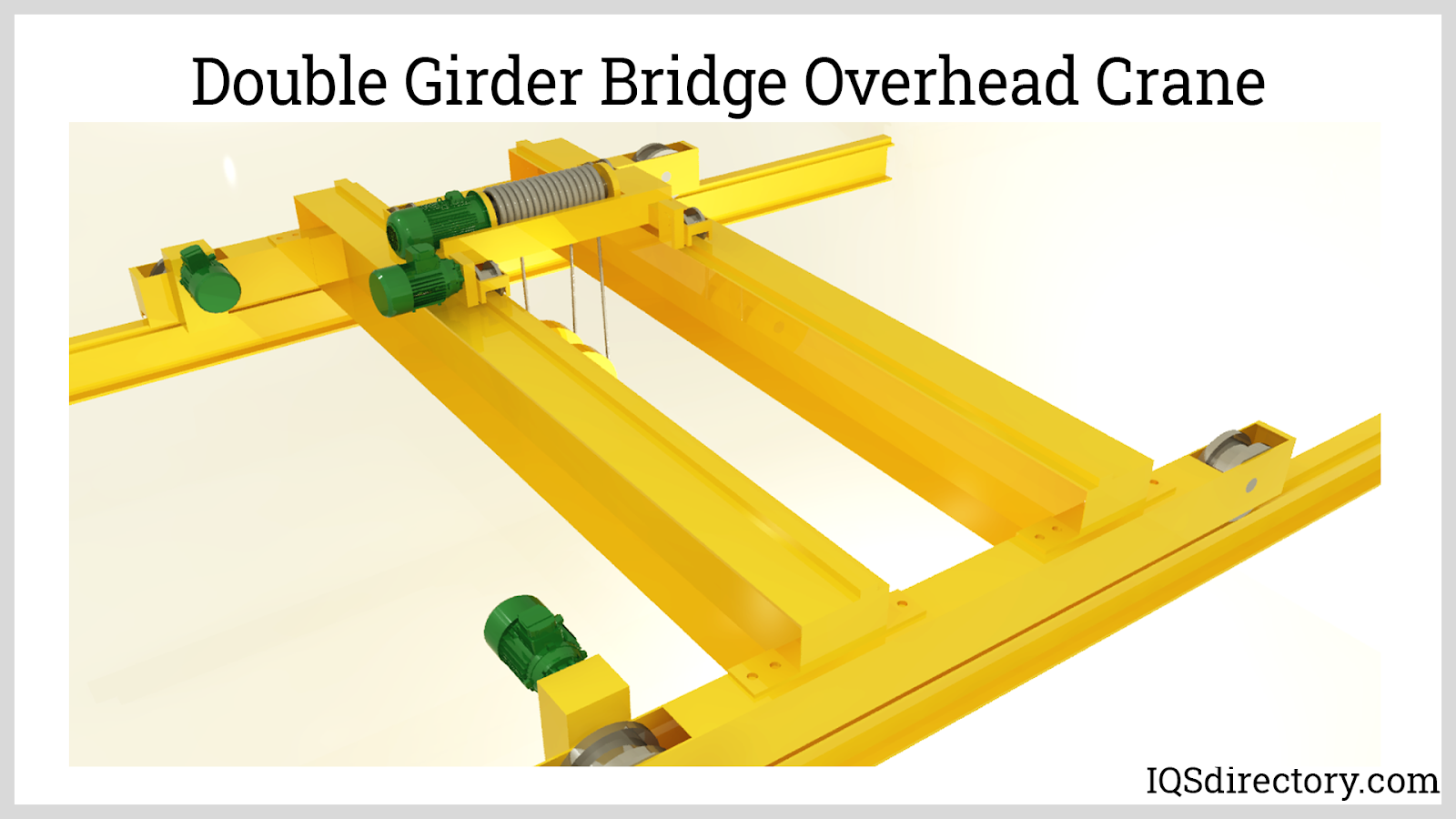
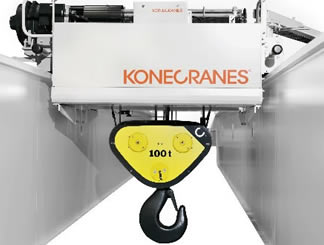 Cranes
Cranes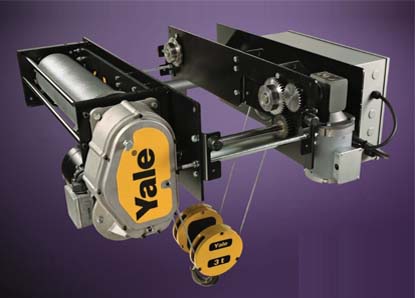 Electric Hoists
Electric Hoists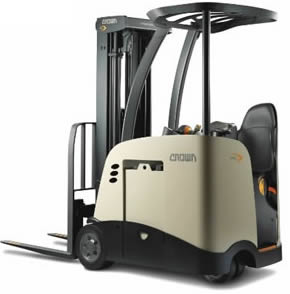 Forklifts
Forklifts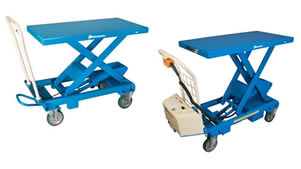 Hydraulic Lifts
Hydraulic Lifts Rope
Rope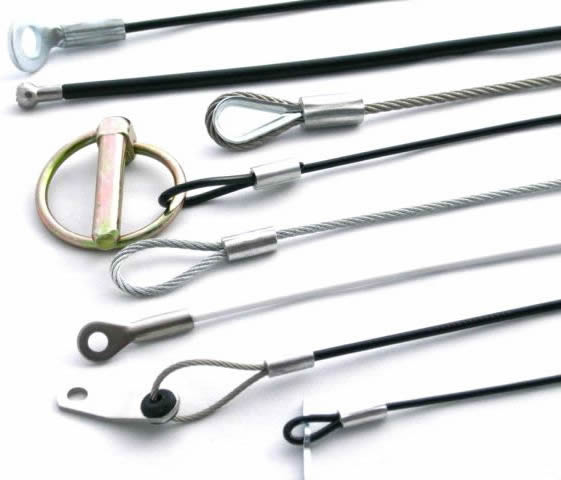 Wire Rope
Wire Rope Castings & Forgings
Castings & Forgings Bulk Material Handling
Bulk Material Handling Electrical & Electronic Components
Electrical & Electronic Components Flow Instrumentation
Flow Instrumentation Hardware
Hardware Material Handling Equipment
Material Handling Equipment Metal Cutting Services
Metal Cutting Services Metal Forming Services
Metal Forming Services Metal Suppliers
Metal Suppliers Motion Control Products
Motion Control Products Plant & Facility Equipment
Plant & Facility Equipment Plant & Facility Supplies
Plant & Facility Supplies Plastic Molding Processes
Plastic Molding Processes Pumps & Valves
Pumps & Valves Recycling Equipment
Recycling Equipment Rubber Products & Services
Rubber Products & Services